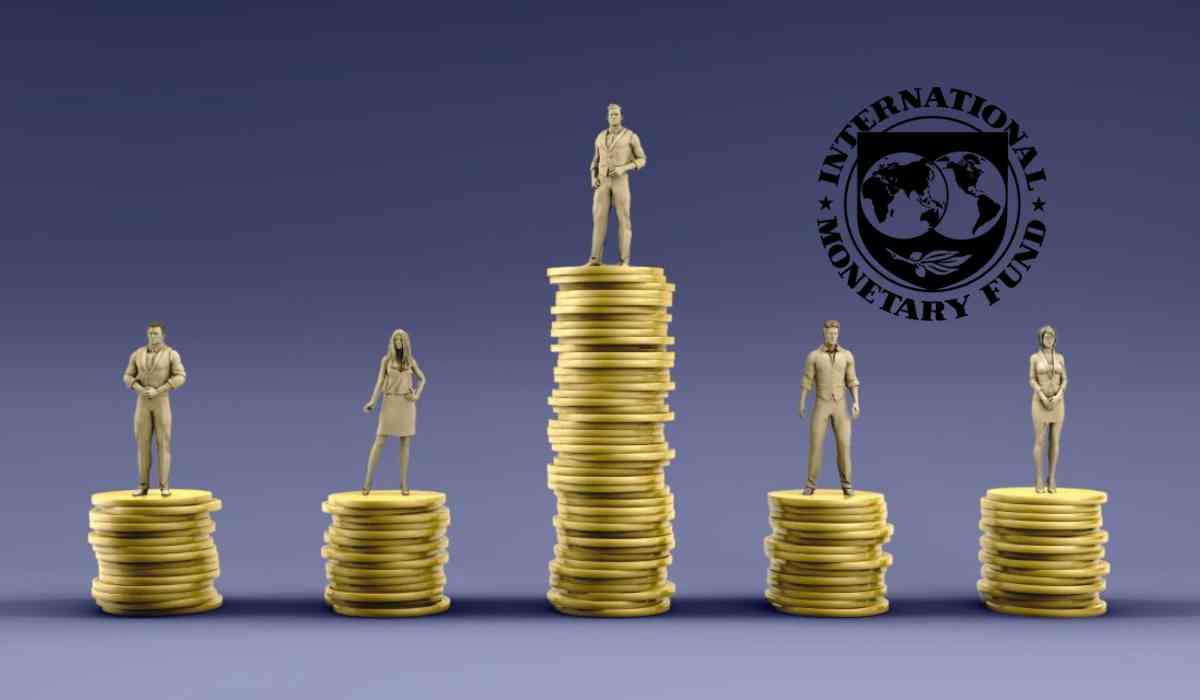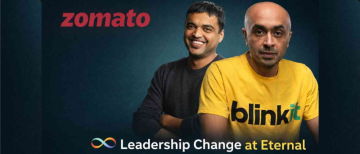Oxfam International's recent analysis unveils a stark reality, a staggering 60 percent of countries receiving financial aid from the International Monetary Fund (IMF) and World Bank are grappling with soaring income inequality. This eye-opening revelation sheds light on a profound issue affecting nations across the globe.
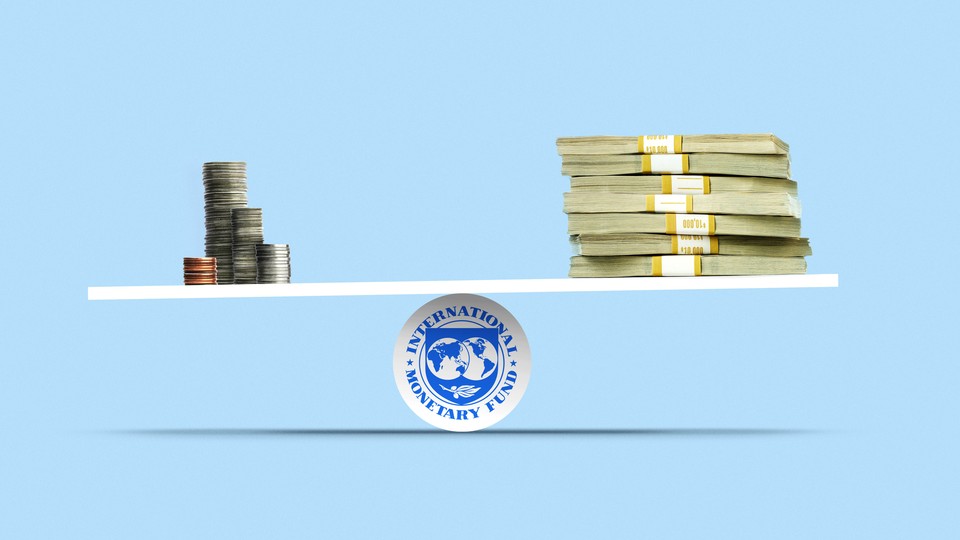
Trends in Income Inequality: Alarming Statistics
Out of 106 nations assessed, Oxfam's findings indicate that income inequality is either already distressingly high or on a troubling upward trajectory in 64 countries. The severity is measured using the Gini coefficient, where any value exceeding 0.4 signifies a high level of inequality—a threshold designated by the United Nations. Notably, income inequality surpasses this benchmark in 42 countries, including Ghana, Honduras, and Mozambique. Furthermore, over the past decade, inequality has notably surged in 37 countries, encompassing nations like Burkina Faso, Burundi, Ethiopia, and Zambia.
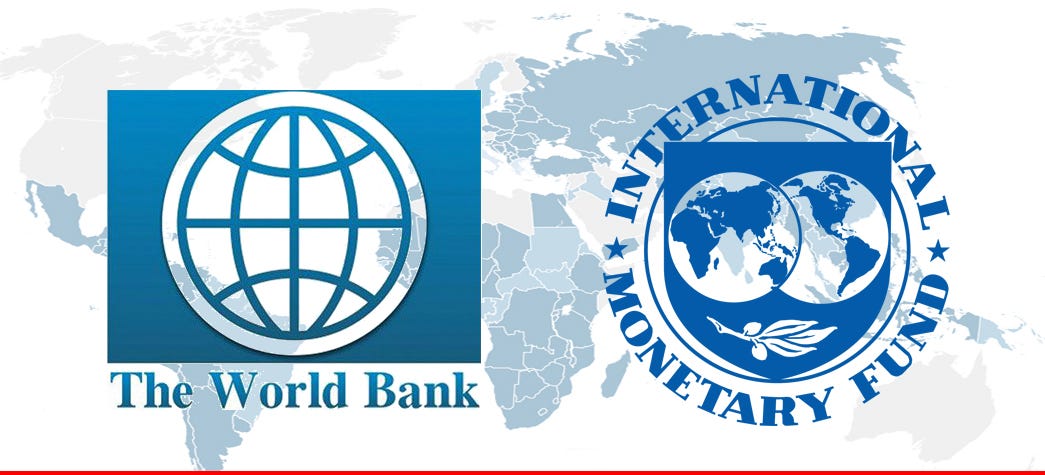
Oxfam's Call to Action: Addressing Hypocrisy in Policy
Kate Donald, the head of Oxfam International's Washington DC Office, aptly criticizes the discrepancy between rhetoric and action in addressing inequality. While international financial institutions tout inequality reduction as a priority, they endorse policies that exacerbate disparities. Ordinary citizens are left grappling with dwindling public investments in essential services like healthcare, education, and transportation. Donald emphasizes the urgency of ending this duplicitous stance and calls for a substantive shift in policy focus.
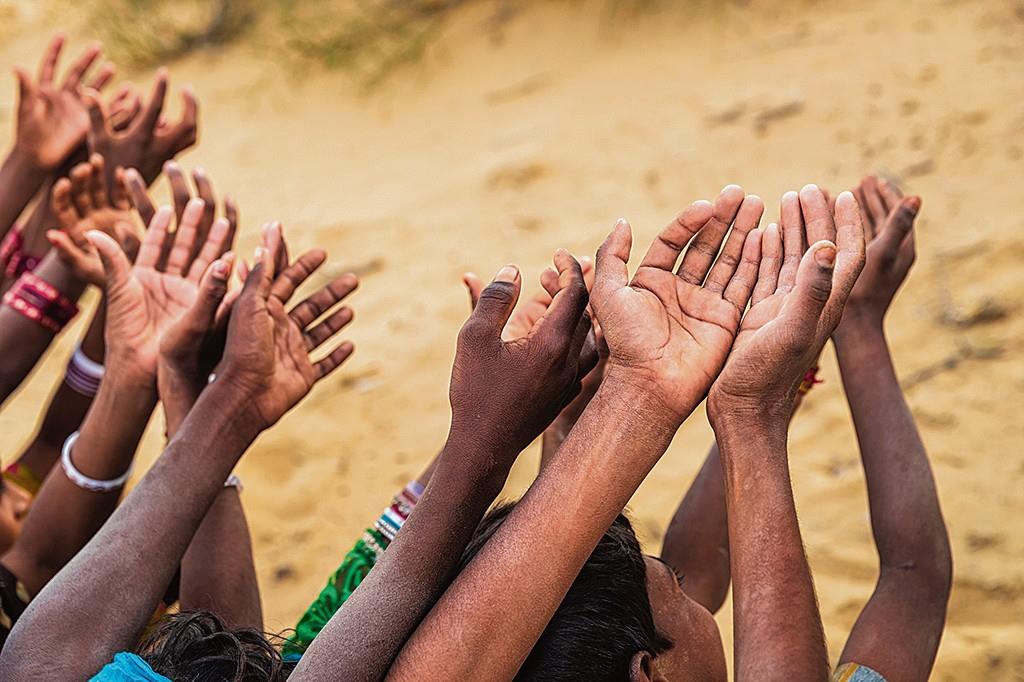
The Path Forward: Oxfam's Bold Recommendations
Oxfam underscores the critical role of upcoming events like the Spring Meetings of the IMF and World Bank in Washington DC. The organization advocates for substantial increases in donor contributions to initiatives like the International Development Association (IDA), which aids the world's poorest countries. Ballooning debt and interest payments threaten vital sectors like education and healthcare, necessitating significant debt relief measures—Oxfam proposes canceling up to 45% of debt for IDA-eligible countries.
In tackling income inequality head-on, Oxfam champions a progressive taxation approach targeting the world's wealthiest individuals. The organization highlights the potential to generate substantial revenue through increased taxes on super-rich incomes and wealth, suggesting that these funds could fuel global development efforts and bolster climate resilience.
With support from key stakeholders like the G20, which is spearheaded by Brazil, and backed by France's endorsement, Oxfam calls for a robust global agreement to ensure equitable taxation. This entails implementing a sufficiently high tax rate on the super-rich, underscoring the feasibility of reducing inequality through proactive policy measures.
Oxfam's impassioned plea resonates with urgency and clarity, urging a paradigm shift towards equitable financial policies that prioritize the needs of the most vulnerable populations and safeguard against escalating global inequality and climate instability.
Inputs from agencies
Image Source: Multiple sources
© Copyright 2024. All Rights Reserved Powered by Vygr Media.

